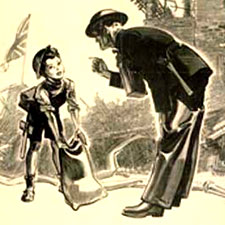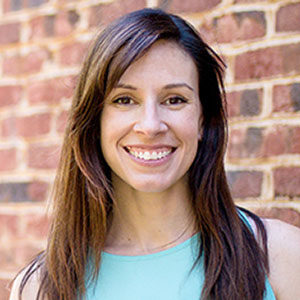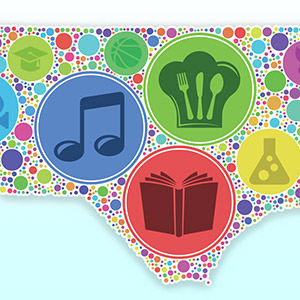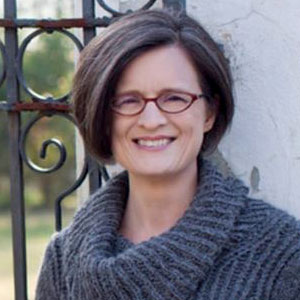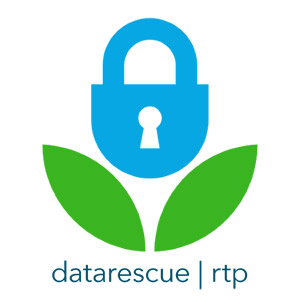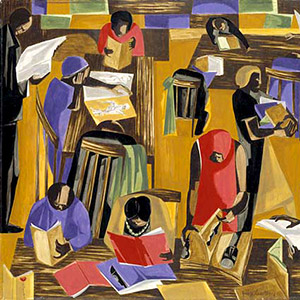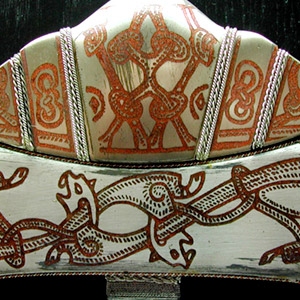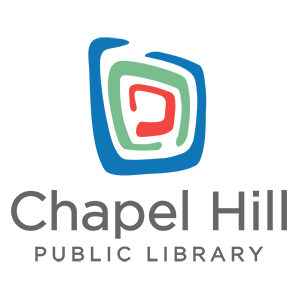
Discovery and Inspiration: Conversations with Scholars
How do scholars become fascinated by their subjects? How do the processes of research, analysis, writing, and teaching change their perspectives of the world? This series, presented in partnership with the Chapel Hill Public Library, explores these questions through public discussions with leading scholars from the NHC. These informal dialogues will highlight the personal aspects of scholarship—how scholars became interested in specific fields of study, what fuels their passion for their subjects, about the larger questions that intrigue them, and the influence their scholarship has on their ways of thinking about and living in the world.

